
New models suggest that climate change will force animal populations to migrate, creating conditions for new viruses to emerge and jump to humans.
Nina Cosdon is the associate editor for Contagion. Before joining MJH Life Sciences, she graduated magna cum laude from Denison University in 2021 with a degree in Communication. You can find her reading, hiking, or antiquing, or by emailing her at ncosdon@mjhlifesciences.com.

New models suggest that climate change will force animal populations to migrate, creating conditions for new viruses to emerge and jump to humans.

A Colorado person tested positive for avian influenza. The patient worked closely with poultry, their only symptom was fatigue, and they have since recovered after a few days.

Today, the FDA approved oteseconazole to treat recurrent vulvovaginal candidiasis (RVVC). Marketed under the name Vivjoa, the drug is the first FDA approval for manufacturer Mycovia Pharmaceuticals.

Ensovibep, the COVID-19 antiviral treatment developed by Novartis and Molecular Partners, is facing delays in its quest for emergency authorization after the FDA indicated more study data is required.
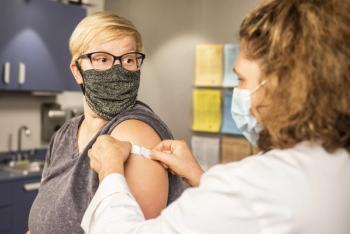
A recent study examined whether immune response to the Pfizer-BioNTech COVID-19 vaccine differed by age and gender.
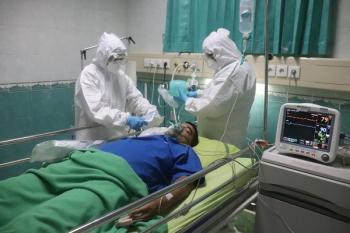
Lasting 505 days, investigators documented the longest known COVID-19 infection. The research, presented at ECCMID, also found one of the first cases of occult COVID-19, in which a patient who tests negative is later found to have ongoing COVID-19.

An ECCMID study found COVID-19 primary infections were more severe than reinfections, and vaccination further reduced symptoms.

Entasis Therapeutics gave 2 oral presentations at ECCMID today detailing results of their ATTACK trial, investigating the safety and efficacy of sulbactam-durlobactam (SUL-DUR) for multidrug-resistant pathogens.
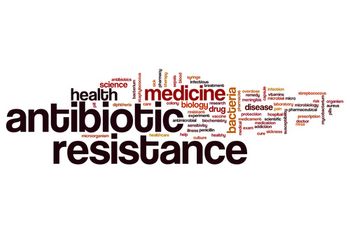
During the pandemic, antibiotic-resistant bacterial infections increased in hospitalized patients who tested positive or negative for COVID-19.
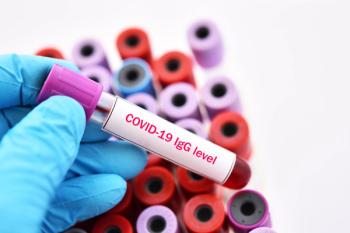
One study, presented at the European Congress of Clinical Microbiology & Infectious Diseases (ECCMID), found waiting longer in between the first and second Pfizer-BioNTech vaccine doses boosted immune response 9-fold.

Today at the European Congress of Clinical Microbiology & Infectious Diseases (ECCMID), Shionogi presented late-breaking data from their phase 2/3 clinical trial for S-217622, an investigational 3CL protease inhibitor. On day 4 of treatment with Shionogi’s S-217622, COVID-19 positive viral titers decreased by 90%.

The World Health Organization (WHO) has strongly recommended nirmatrelvir and ritonavir (Paxlovid), as well as remdesivir, for COVID-19 treatment. WHO emphasized that these medicines should be made accessible to low- and middle-income countries.

Pediatric intensive care unit (PICU) hospitalizations were 41% lower than expected during the outbreak of COVID-19.

Investigators used procalcitonin (PCT) levels to guide antibiotic recommendations in pediatric intensive care units. PCT-guided antibiotic stewardship decreased the number of antibiotic days without leading to therapy failure.

One study, presented this week at the Critical Care Congress, conducted a thorough analysis of all reported cases of myocarditis after mRNA COVID-19 vaccination.

What are the clinical characteristics of children under 1 year old who are hospitalized with COVID-19 infection?
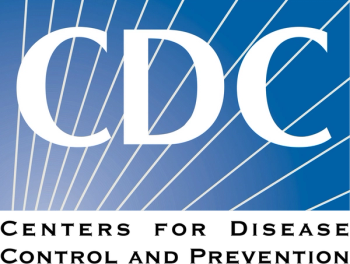
The Center for Forecasting and Outbreak Analytics launched today. The CDC intends the CFA to predict future infectious disease pandemics and assist leaders in coordinating a response.

Critical care pharmacists and PGY2CC residents made fewer antimicrobial stewardship interventions on the Mondays following weekends they worked.

One study, presented at the Critical Care Congress, found that initiating remdesivir (Veklury) earlier did not significantly reduce the recovery time of hospitalized COVID-19 patients.

The greatest risk factors for recurrent Clostridioides difficile infection (CDI) were age of at least 65 years, severe primary CDI, and use of non-CDI antibiotics. Patients with these risk factors should be prioritized for bezlotoxumab therapy.

Advanced age and comorbidities were more accurate predictors of severe COVID-19 disease than innate immune response.

Antimicrobial stewardship efforts, such as education for healthcare providers, significantly decreased community-acquired pneumonia antibiotic prescriptions in COVID-19 patients.

Concomitant antibiotic (CA) use for infection treatment is a major risk factor for recurrent C difficile infection. One SHEA 2022 study examined whether fidaxomicin or vancomycin would be more beneficial for CA patients.
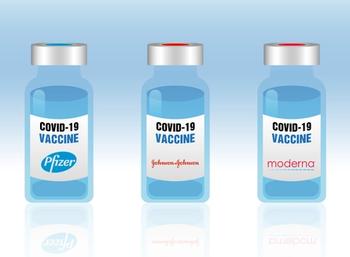
A study presented at the SHEA 2022 conference determined how common and severe breakthrough infections were for Pfizer-BioNTech, Moderna, and Janssen COVID-19 vaccine recipients.

Merck announced today that their investigational 21-valent pneumococcal conjugate vaccine, V116, was granted Breakthrough Therapy Designation by the FDA.

An examination of COVID-19 infections by occupation found that most cases occurred in people who worked in management and healthcare, and COVID-19 death rates were highest among building/grounds cleaning and maintenance employees.

A study found that hospital providers who prescribe unnecessarily high rates of antibiotics are likely to continue doing so over time.

The risk of a community-acquired C difficile infection was 7-fold higher for outpatients with antibiotic exposure.

During the COVID-19 pandemic, use of community-acquired pneumonia antibiotics increased significantly, while relative utilization of carbapenems decreased.

Though many monoclonal antibodies were paused after demonstrated to be insufficient against the BA.1 Omicron subvariant, they may be more effective against BA.2.